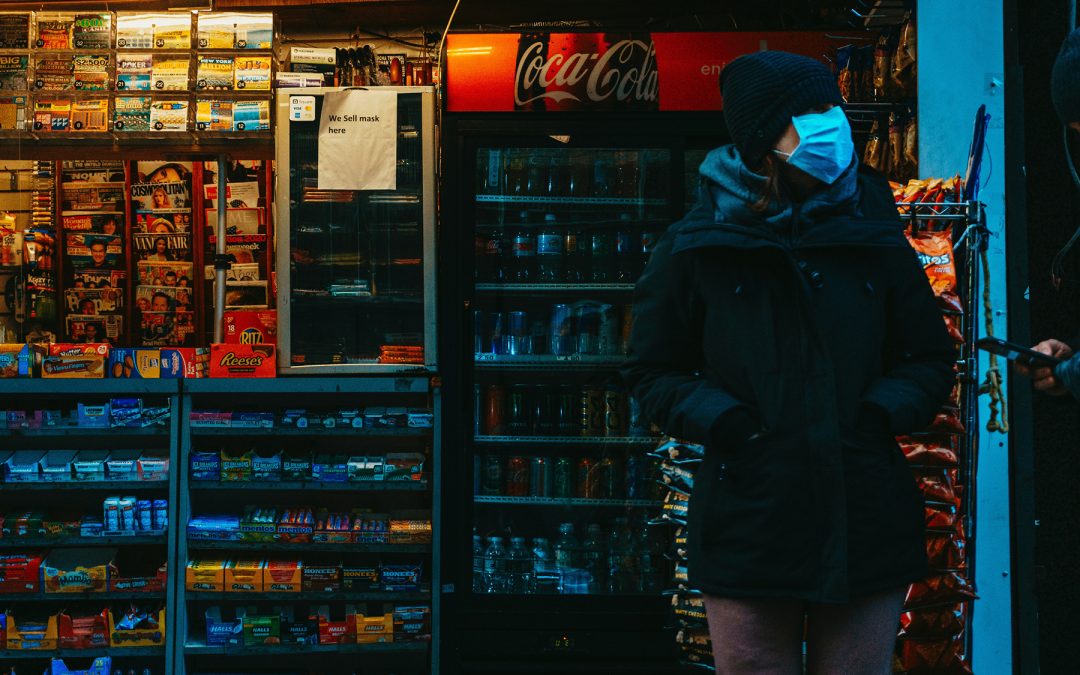The United States leads the world in the number of both COVID-19 cases and deaths, with over 500,000 Americans falling to the disease since the pandemic began. These casualties have not been evenly distributed across the population, either—older Americans and those with preexisting health conditions have been noted to be more vulnerable to the coronavirus’s predations since it was first identified. Now, new research involving four Rackham doctoral students in the U-M Department of Psychology has highlighted other inequities that are driving COVID-19 cases across the country.
Led by Rackham student Qinggang Yu and co-authored by fellow Rackham students Cristina Salvador, Irene Melani, and Martha Berg, as well as U-M School of Public Health Professor Enrique Neblett and U-M Department of Psychology Professor Shinobu Kitayama, the study reveals that the growth rate for both COVID-19 cases and deaths was higher in U.S. metropolitan areas with greater segregation between Black and white or Hispanic and white populations. The researchers also identified a lack of wealth in these segregated areas as another driving factor.
“These two features, when combined, may be particularly lethal,” Yu says.
Read the full story at the University Record.

